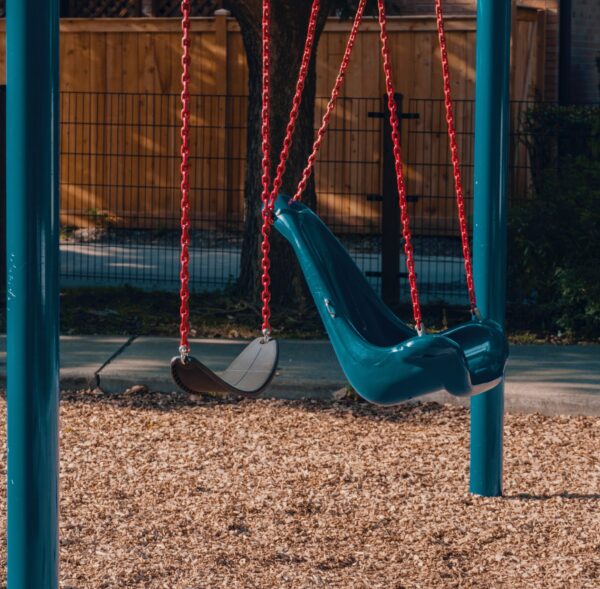Gillard makes 43 recommendations to transform ECEC in South Australia

South Australia’s Royal Commission into Early Childhood Education and Care has delivered its final report, making 43 recommendations, including an extra year of preschool, and a major overhaul for the outside school hours care (OSHC) space.
The recommendations were delivered by commissioner and former prime minister Julia Gillard on Sunday 27 August, and also include more comprehensive child development checks for the first 1,000 days of life, better support for parents, and improved access to childcare (sic.).
Stronger start
In a bid to reduce the number of children starting school with developmental challenges, the commission recommends making South Australia the first state in the nation to offer up to 30 hours of preschool per week for three- and four-year-old children who need the most support.
“The science now tells us that the biggest dividends are to be had if we invest in the early years, which really means that the best start gives you the foundations for a better life,” said Ms Gillard whilst handing down the commission’s findings.
Should the recommendations be implemented, she continued, SA would be able to maximise the number of children who are at, or exceeding, developmental benchmarks when they start school.
“Getting there will require a new approach which is universal, but not uniform,” she said.
“By that I mean every child will benefit but children who need it the most will get additional assistance – high quality, irrespective of a family’s postcode, or the nature of the service that they choose.”
Multiple access avenues
Ms Gillard was clear that the extra year of funded preschool would be available for three-year-olds who are attending both long day care and government preschools, signalling that a universal entitlement of 15 hours a week of preschool for three-year-olds for 40 weeks a year would apply.
“Preschool itself will be redefined as more important than it is, and it will include families and children being connected to all of the services and supports that they need,” she said.
The South Australian Government has committed an initial $70 million to immediately start implementing some of the recommendations, with Premier Peter Malinauskas saying the Royal Commission’s report had the power to change the lives of many young South Australians.
Positive responses
SA Education Minister Blair Boyer said the reforms will change the lives of generations of children.
“Because when you invest in the early years, you make the biggest difference to a child’s life,” he said.
For Jessica Rudd, CEO of advocacy group The Parenthood, the OSHC changes are especially welcomed.
“It’s significant that the report recognises the vital role that OSHC plays in supporting working families. OSHC services are a cornerstone of assisting families with their daily work-life balance while fostering children’s social and life skills,” she said.
“Modernising the school day and making OSHC more widely available and affordable will help ease the juggling act of South Australian families today.
“If projected demographics in the recent Intergenerational Report are anything to go by, we will need people who are free to participate in the workforce while their children’s developmental and educational needs are met. School hours limit parents’ ability to work the way they want to work and parent the way they want to parent.
Thrive by Five Director Jay Weatherill welcomed the commission’s recommendations as they relate to qualifications for educators, saying: “dedicated, accredited educational degrees focusing on the first five years will help ensure that the early learning educators are equipped with the skills and knowledge they need to provide children with the best possible early education.”
He was also complimentary about recommendations to improve access to early learning in rural and remote areas through better infrastructure, adding such measures will allow families and children living in the state’s regions to have greater access to early learning services and will help bridge the gap between urban and rural early learning access.
To learn more about the Royal Commission and its findings, please see here.
Popular

Practice
Provider
Quality
Research
Workforce
New activity booklet supports everyday conversations to keep children safe
2025-07-10 09:00:16
by Fiona Alston

Quality
Practice
Provider
Workforce
Reclaiming Joy: Why connection, curiosity and care still matter in early childhood education
2025-07-09 10:00:07
by Fiona Alston

Quality
Practice
Provider
Research
Workforce
Honouring the quiet magic of early childhood
2025-07-11 09:15:00
by Fiona Alston













